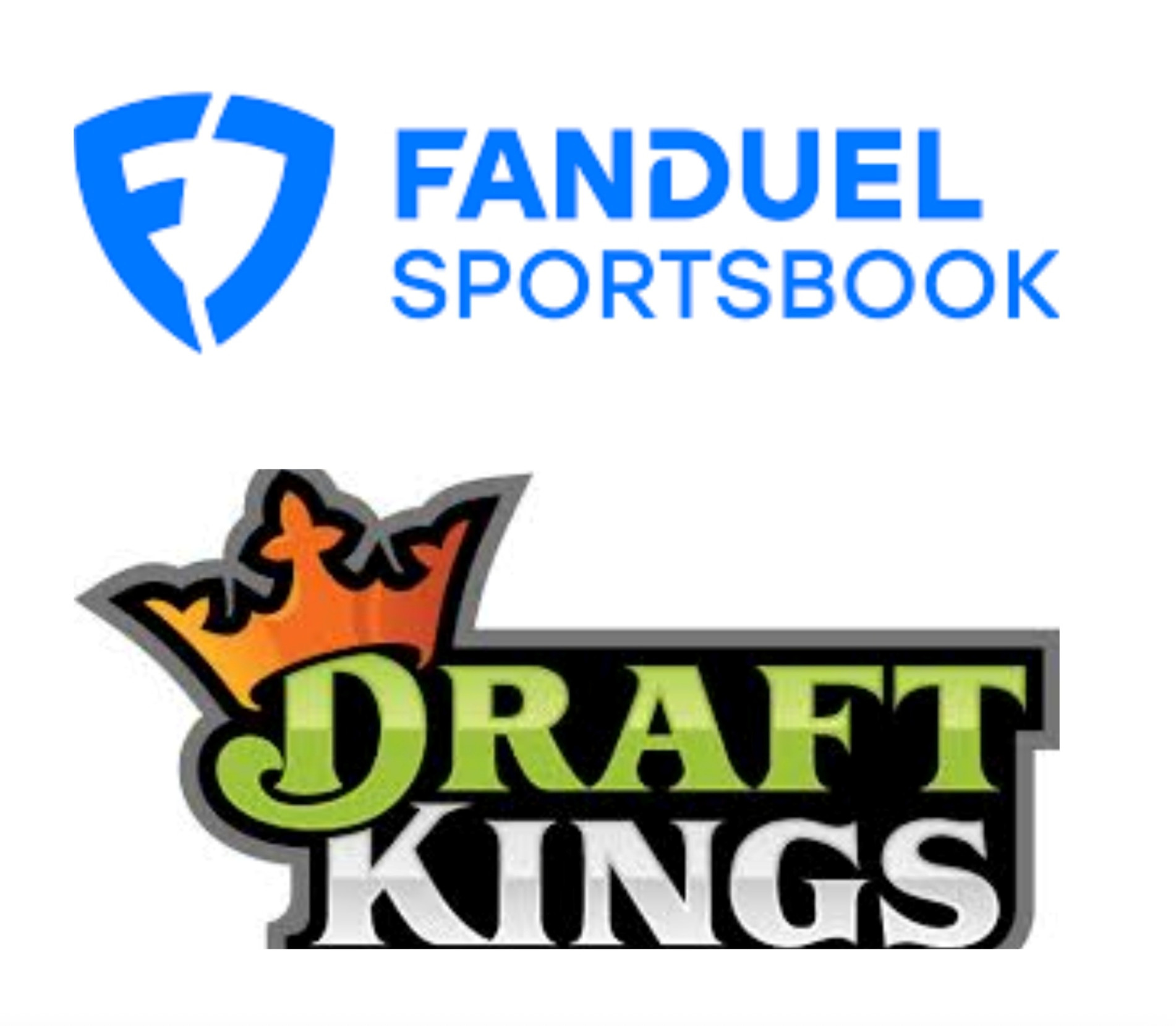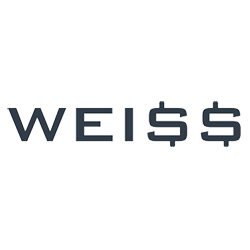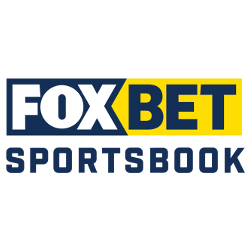FanDuel and DraftKings Exit American Gaming Association to Chase Prediction-Market Future
DraftKings and FanDuel voluntarily renounced their Nevada sports betting licenses and withdrew from the American Gaming Association (AGA) to launch their own prediction markets platforms under the regulation of the Commodity Futures Trading Commission (CFTC).

In a move signaling a significant strategic shift in the U.S. wagering landscape, FanDuel and DraftKings have relinquished their active sports-betting licences in Nevada in order to pursue emerging opportunities in the prediction-market arena. According to filings from the Nevada Gaming Control Board (NGCB), both operators voluntarily withdrew or didn’t renew their applications to maintain sports-betting operations in the state.
Nevada’s regulator stated in its notification that the companies “intend to engage in unlawful activities related to sports event contracts,” which the Board considers incompatible with participation in the state’s regulated gaming industry. This classification stems from the regulator’s view that certain event-contracts offered via prediction-market style platforms may fall under “wagering” as defined in the state’s Gaming Control Act.
Why Exit? Allure of Prediction Markets
The rationale behind the decision appears rooted in the vast addressable market that prediction-markets promise. Unlike traditional sports-betting, which in the U.S. is regulated on a state-by-state basis, event contracts (a hallmark of prediction markets) often fall under oversight by the Commodity Futures Trading Commission (CFTC), thereby bypassing certain state-by-state licensing regimes. This gives operators the potential to offer new products in states where online sports-betting remains illegal.
For FanDuel, the platform known for its daily-fantasy and sports-betting business, the launch of “FanDuel Predicts” in December (in partnership with the CME Group) aims to enter non-sports outcomes (elections, financial markets, crypto) and, in select states, sports outcomes where traditional betting isn’t yet legal (such as California and Texas). Similarly, DraftKings has acquired prediction-market firm Railbird Technologies and is preparing to launch “DraftKings Predictions” later this year.
By giving up Nevada, where online sports-betting is well established, the operators arguably sacrifice a mature market in favor of targeting high-growth states that currently don’t permit online wagering. Given that Nevada saw only 59 % of its sports-betting revenue come from mobile in 2024 (versus 95 %+ in other states), the trade-off may make commercial sense.
Regulatory Headwinds and Industry Fallout
The move will heighten tensions between legacy gambling regulators and the new breed of prediction-market platforms. The NGCB and other regulators have already issued warnings that sporting-event contracts might constitute illegal wagering—especially when tied to state-regulated sports or esports outcomes.
Industry associations such as the American Gaming Association (AGA) view the rise of prediction-markets as a risk to oversight, consumer protections, and state tax revenue. The shift by FanDuel and DraftKings may provoke lobbying and legal challenges as regulators clarify whether these contracts fall under gambling laws or commodities/trading oversight. Analysts also caution that while the prediction-market category may offer growth, the legal framework remains unsettled, making investments and planning risky.
What It Means for Market and Consumers
For consumers in states without legal online sports-betting, the pivot offers potentially earlier access to novel platforms for trading outcomes beyond the typical sportsbook model. Those still using traditional platforms can consult guides to the best online betting sites to compare regulated options while prediction-markets continue to evolve. For example, users in California or Texas could soon use prediction-market apps to trade on sports outcomes despite their states restricting sports-betting currently.
For the broader ecosystem, this push may catalyse a regulatory reckoning: if prediction-market operators succeed in operating in the grey between sports-betting and financial contracts, states may respond with stricter licensing, tax regimes, or enforcement action. Meanwhile, existing sportsbook operators may feel competitive pressure or be forced to adapt.
Departure Signals Strategic Re-Alingnment Toward Prediction Realm
The departure of FanDuel and DraftKings from Nevada sports-betting marks more than a market exit—it signals a strategic re-alignment toward prediction cosmologies.
As these companies roll out new platforms and re-orient regulatory strategy toward the CFTC-governed space, the gambling industry may enter a new chapter characterised by cross-over between betting, trading and data-driven event markets.








